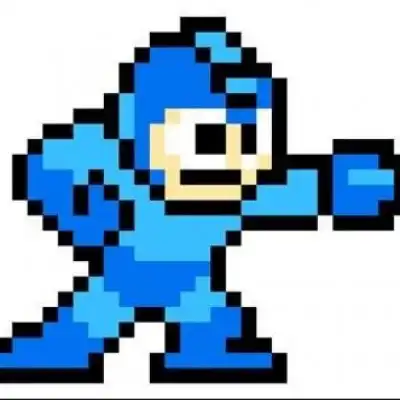Golang maps
Basics
A map maps keys to values, ie: associative arrays. Zero value of a map
is nil. make function returns a new map.
package main
import "fmt"
type Vertex struct {
Lat, Long float64
}
var m map[string]Vertex
func main() {
m = make(map[string]Vertex)
m["Bell Labs"] = Vertex{
40.68433, -74.39967,
}
fmt.Println(m["Bell Labs"])
}Map literals
These are essentially the same as struct literals, keys are required.
package main
import "fmt"
type Vertex struct {
Lat, Long float64
}
var m = map[string]Vertex{
"Bell Labs": Vertex{
40.68433, -74.39967,
},
"Google": Vertex{
37.42202, -122.08408,
},
}
func main() {
fmt.Println(m)
}If top-level type is just a type name, it can be omitted from literal elements. Saves some typing.
package main
import "fmt"
type Vertex struct {
Lat, Long float64
}
var m = map[string]Vertex{
"Bell Labs": {40.68433, -74.39967},
"Google": {37.42202, -122.08408},
}
func main() {
fmt.Println(m)
}Mutating maps
Nothing shocking here either. Map elements can be added/deleted/modified/etc.
package main
import "fmt"
func main() {
m := make(map[string]int)
m["Answer"] = 42
fmt.Println("The value:", m["Answer"])
m["Answer"] = 48
fmt.Println("The value:", m["Answer"])
delete(m, "Answer")
fmt.Println("The value:", m["Answer"])
v, ok := m["Answer"]
fmt.Println("The value:", v, "Present?", ok)
}Types
A type can be declared as a thin wrapper around a map:
import "fmt"
type Dictionary map[string]string
func (d Dictionary) Search(word string) string {
return d[word]
}
func main() {
d := Dictionary{"key": "This is the value"}
fmt.Println(d.Search("key"))
}